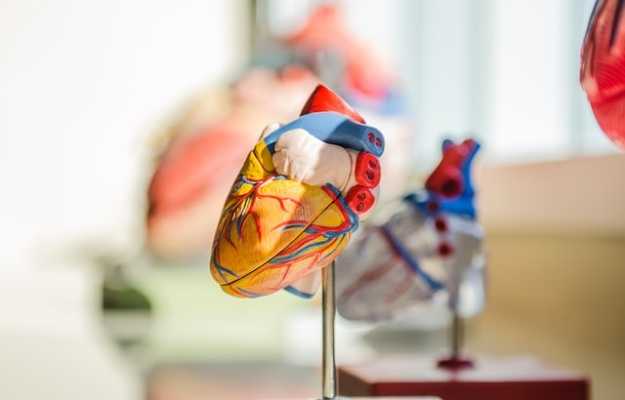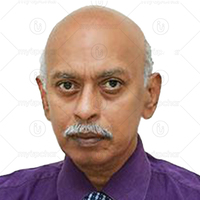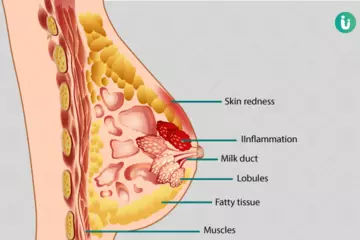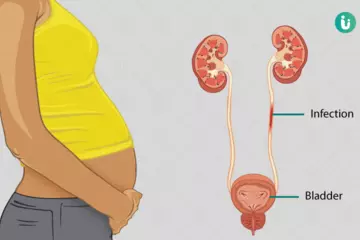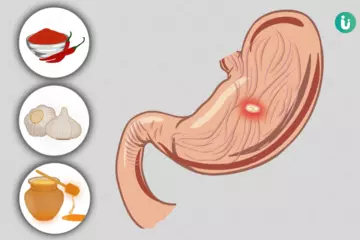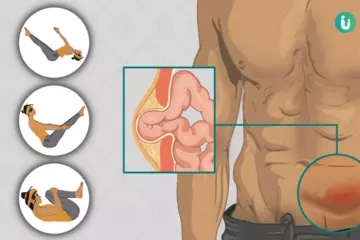Atrial fibrillation is a type of arrhythmia, a condition marked by an irregular heartbeat that is often abnormally fast (tachycardia). Atrial fibrillation is also known as AF or AFib.
Typically, the resting heart rate for adults is between 60 and 100 beats per minute. But atrial fibrillation can take it higher than that, even while the patient is resting. The change in heart rate can be observed by checking the pulse on the patient's wrist or in the neck.
Here is the complete detail about the treatment of heart disease.
The presence of atrial fibrillation in a patient can significantly raise the risk of several heart conditions, such as blood clots, stroke and heart failure.
Here's why atrial fibrillation increases the risk of stroke: the heart contracts and returns to its normal size during a regular heartbeat, but in the case of atrial fibrillation, the upper chambers of the heart—known as atria—beat irregularly to disrupt the normal flow of blood.
This condition can lead to clots in the blood, and one of the clots can simply enter into the bloodstream and get stuck in an artery, which can lead to a stroke.
According to the American Heart Institute, it is estimated that a significant number of people (15-20%) who suffer from strokes also suffer from atrial fibrillation.
Several studies point to the growing prevalence of atrial fibrillation worldwide. In India, though most studies have focused on the prevalence of valvular heart disease and other chronic heart conditions, the data from various epidemiological studies suggest India's A-Fib numbers are considerably higher than the global average.
About 1-1.5% of the population in the developing world is said to be suffering from atrial fibrillation—it is the most common form of cardiac arrhythmia. The other types of cardiac arrhythmia are:
- Atrial flutter
- Premature ventricular contractions
- Ventricular tachycardia
- Supraventricular tachycardia
- Ventricular fibrillation
- Long QT syndrome
Coming back to atrial fibrillation, despite the lack of accurate data on the burden of atrial fibrillation among the Indian population, most studies have shown that the mean age of patients in India is nearly a decade younger than cohorts studied in Western countries.
(Read More - Coronary Angiography)

 Doctors for Atrial Fibrillation
Doctors for Atrial Fibrillation  OTC Medicines for Atrial Fibrillation
OTC Medicines for Atrial Fibrillation

